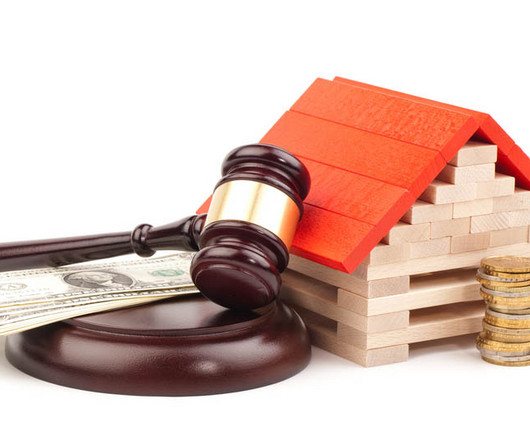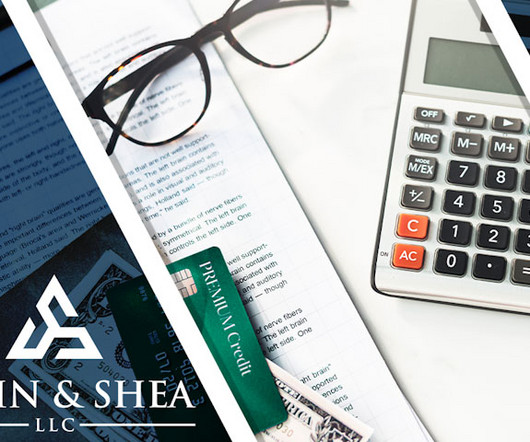Will a Bankruptcy Trustee Contact My Employer?
Sawin & Shea
NOVEMBER 15, 2022
Bankruptcy is sometimes the best solution for those struggling with overwhelming debt. They fear that other people will find out about their bankruptcy and view them as financially irresponsible. There’s nothing wrong with filing for bankruptcy, but worrying about what other people will think is understandable. Trustee Program.


















Let's personalize your content